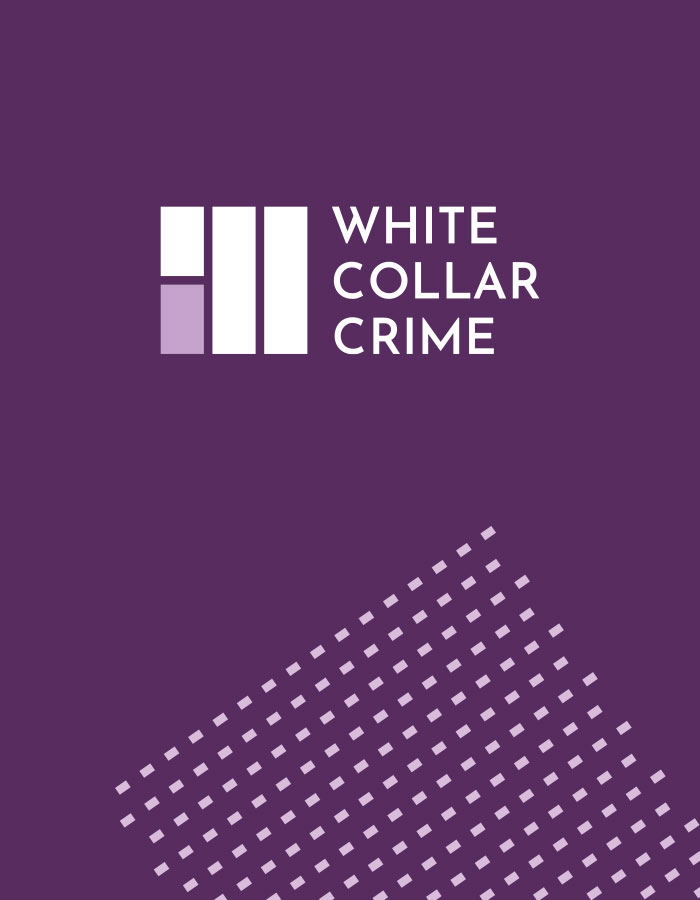Furlough Fraud and Professional Advisers
Speed read: Fraud on employee support schemes is a focus for enforcement authorities in the United Kingdom, Australia and Canada. Anita Clifford considers the potential for investigations to look beyond the alleged overclaiming business to professional advisers in the light of recent news that an accountant has been arrested in connection with a furlough fraud investigation.
The Public Accounts Committee last week heard that HMRC estimates that between 5 – 10% of monies paid under the United Kingdom’s Coronavirus Job Retention Scheme (CJRS) had been wrongly distributed due to fraud or error. The hit to the public purse is up to £3.5 billion. The news follows a swell in furlough fraud reports in August and the first furlough fraud arrest in July. It has also since been reported that a company director and accountant were arrested on suspicion of fraud by false representation and money laundering in connection with the CJRS on 10 September 2020.[1]
Examples
A 90-day amnesty has been introduced to address the identified overclaim problem. Businesses have until 20 October 2020 to notify HMRC without risking enforcement action. After this date, a surge in investigations can be expected with businesses risking a civil penalty charge of up to 100% of the overpaid amount. There is also the potential for director disqualification and breach of other fit and proper person requirements. The most serious cases will involve criminal prosecution for dishonesty offences. Examples of furlough fraud include:
- claiming funds for fictitious employees
- claiming funds for full-time furloughed employees yet requiring work to any extent either for the business or linked business or person
- putting funds towards a purpose other than wages, tax, pension and National Insurance contribution
- claiming more than entitled, such as by changing the amount or nature of remuneration to maximise reimbursement
Similar concerns arise in other jurisdictions with employee support programmes. In late August, Canada announced an audit pilot project to identify the extent of fraudulent claims under the Canada Emergency Wage Subsidy scheme. In Australia more than 6,500 businesses have been denied payments due to fraud or ineligibility.[2] A dedicated investigative task force has been formed to review income tax and payroll records as well as data from government and third-party sources, and conduct spot enquiries of businesses. Alongside recipients of funds that should never have been paid, sights are expressly set on professional advisers who have played a facilitating role, such as by providing ‘aggressive’ advice on access to Australia’s JobKeeper program.[3]
Furlough fraud and money laundering
Scope for aggressive advice is arguably greater in Australia where the scheme is dependent on certain falls in turnover. Calculations are critical to eligibility. This is not a feature of the CJRS. Even so, as the recent arrest of an accountant on suspicion of furlough fraud show, investigations in the United Kingdom are likely to affect more than the overclaiming business.
Handling funds obtained through furlough fraud squarely engages a money laundering issue. Regulated persons who know or have reasonable grounds to suspect that a client or other person has committed furlough fraud must consider the reporting obligation in section 330 of the Proceeds of Crime Act 2002 (POCA). They will also need to be alive to the money laundering offences between sections 327 – 329. Further, the engagement of a money laundering issue due to an underlying suspicion of furlough fraud means that firms, particularly those in the accounting sector that have assisted in making CJRS claims, may be on the receiving end of a production order to disclose documents such as payroll or other financial records, pursuant to section 345 POCA.
Aiding dishonesty?
In some cases, professional advisers may have their involvement probed where too much money has been paid out or in extreme examples, no money should have been paid at all. Careful handling of the authorities in these instances is key. It will be important to remember that whether the person appreciated that a dishonest claim would be made by a business is not vital for criminal liability to arise. The Court of Appeal in R v Barton & Booth [2020] EWCA Crim 575 recently confirmed that the test for dishonesty in Ivey v Genting Casinos (UK) (trading as Crockfords Club) [2017] UKSC 67; [2018] AC 391 applied to criminal cases. What a person knew to be the facts in a particular case falls to be considered but the dishonesty of their conduct is judged according to the standards of an ordinary person.
In the furlough context, the line for dishonesty will be easily crossed in cases of sham employees but it does not necessarily follow that the adviser who had a hand in the claim will be on the hook alongside the business. The information he or she was provided will need to be carefully considered, including whether or not there were any indicators of an artificial arrangement, along with the nature of his or her involvement. Further, if a business was entitled to receive some payment but later it is found that the calculations submitted on its behalf were wrong establishing dishonesty on the part of the business, let alone the adviser, will be even harder. An ordinary person would be expected to afford latitude to businesses and professional advisers alike working at pace in challenging times to safeguard jobs. With this in mind, it is expected that the force of the criminal law will only be applied in cases where the artificiality of the claim is striking.
[3] https://www.ato.gov.au/General/JobKeeper-Payment/Keeping-JobKeeper-payment-fair/







